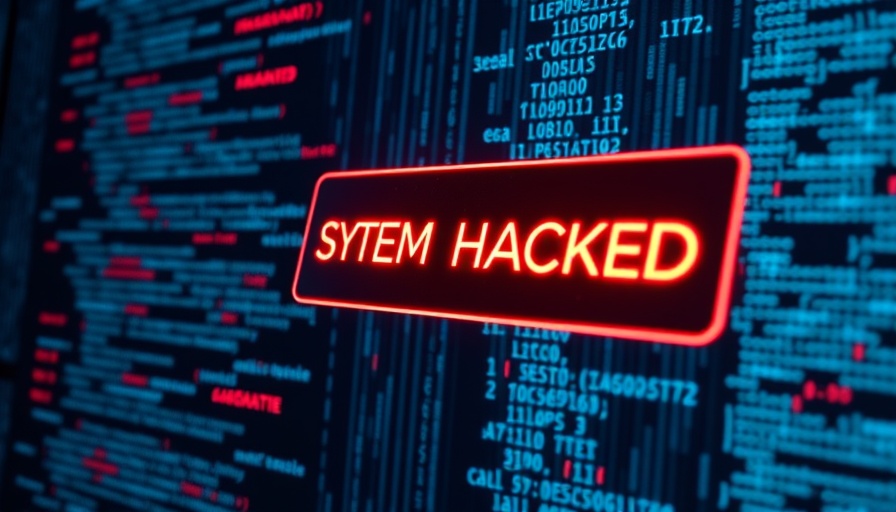
Recent Arrests Highlight Growing Ransomware Threat
The recent arrests in France and the UK underscore a concerning uptick in ransomware activities. These cases, stemming from separate incidents, reveal the challenges that businesses face as cyber threats evolve
Key Players in the Ransomware Game
First, let's discuss Daniil Kasatkin, a former Russian professional basketball player, who was apprehended in France. U.S. authorities suspect that Kasatkin played a pivotal role in negotiating ransom payments linked to several ransomware attacks on U.S. entities. Despite his attorney's assertions of his innocence—claiming that he unwittingly purchased a hacked computer—such justifications may do little to shield him from extradition and potential legal consequences.
The Youth Factor in Cybercrime
On the UK front, a group of four individuals, notably including a 17-year-old, were arrested for their involvement with Scattered Spider, a notorious hacking collective. These young offenders symbolize a broader trend where younger demographics are increasingly drawn to cybercrime, effectively lowering the barriers to entry for such illicit activities. As their technical skills improve, businesses must stay vigilant and enhance their cybersecurity measures to defend against this growing threat.
The Financial Impact of Cybercrime
The financial repercussions of ransomware attacks are staggering. According to the FBI, losses related to cyber and scam activities skyrocketed to an alarming $16.6 billion in 2024. This represents a 33% increase over the previous year, highlighting the urgent need for businesses to implement robust cybersecurity frameworks. With increasing reliance on technology, fintech, and digital currency, organizations are within the crosshairs of cybercriminals looking to exploit vulnerabilities.
Protecting Your Business Against Ransomware
For business owners generating $2M to $10M or more in annual revenue, proactive measures are essential. Investing in cybersecurity software, providing employee training on phishing attacks, and regularly backing up data can significantly mitigate risks. In an era where technology and finances are intertwined, understanding these trends is crucial for safeguarding your investment and maintaining customer trust.
The Path Forward: Insights and Actions
As the landscape of cyber threats continues to evolve, so too must our strategies for protection. Engaging with cybersecurity experts can provide invaluable insights into the best practices for your specific operational structure. By staying informed, businesses can not only react to current threats but anticipate future risks, ensuring robust defenses are in place.
Ransomware may seem like a daunting challenge, but with the right tools and knowledge, your business can navigate this digital minefield effectively. Let's make cybersecurity a priority.
 Add Row
Add Row  Add
Add 



Write A Comment